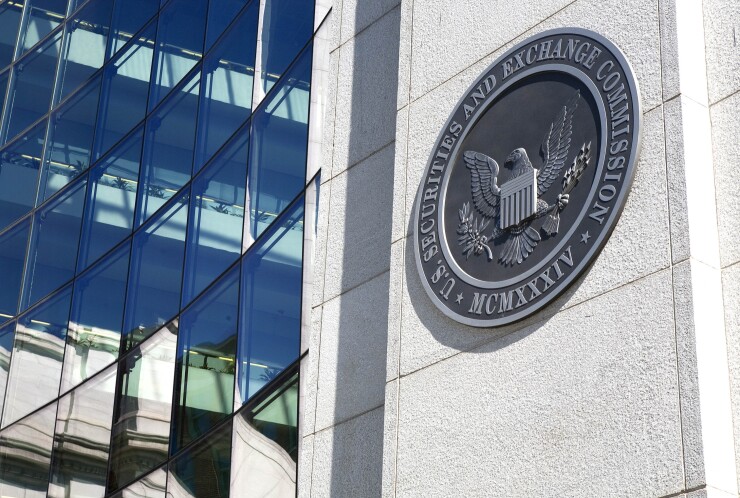The large mutual fund families are doing everything possible to keep you from moving your 401(k) plan money market investments away. BlackRock, Federated, Fidelity and Vanguard have announced changes to their money market fund offerings, which they hope will allow them to retain existing 401(k) plan balances. These changes are in response to the Securities and Exchange Commission money market fund reform rules outlined below.

The new SEC rules (often referred to as Rule 2a-7 by the mutual fund families) will allow the following money market fund investment manager-friendly changes that are definitely not 401(k) participant-friendly.
Floating NAVs
Most 401(k) plan participants would probably not expect the net asset value of their money market fund to fluctuate. However, soon it will become possible to lose money in a prime money market fund. As a result, prime money market funds won't be quite the safe-haven investments they have been in the past.
Redemption fees
Although any mutual fund might impose redemption fees, it has never occurred previously in money market funds. In order to allow prime money market fund managers to better manage their portfolios in panic situations, the SEC rules allow the imposition of redemption fees.
See also:
Liquidation windows
To provide prime money market fund managers with another tool to manage redemptions during a period of crisis, the new rules allow mutual fund families to impose liquidation restrictions on prime money market fund balances. In other words, during a period of high liquidation requests, a prime money market fund would have the right to withhold redemption requests for a period of time.
Given the Oct. 14 implementation date of the new rules, your investment committee should have a safe-haven investment fund strategy in place as soon as possible. Your investment adviser should help you:
· Get rid of any prime money market fund. It does not make sense for any 401(k) plan to continue to offer a prime money market fund after Oct. 14, and up to 50% of all 401(k) plans currently offer one. Most of the large mutual fund companies make this easy by converting their prime money market funds into government money market funds (which are not impacted by the new rules).
· Review your safe haven options. Although many 401(k) plan sponsors may end up using government money market funds as their safe haven investment option, that might not be the best course of action. Government money market funds have yields that are even lower than prime money market funds. Plan sponsors should consider stable value and guaranteed rate funds which guard against loss of principal but may have redemption fees and liquidation window restrictions. These funds have yields that are much higher than government and prime money market funds. Recent fiduciary breach lawsuits filed against plan sponsors for using money market funds instead of stable value funds are another reason to consider stable value and guaranteed rate funds. These lawsuits have been filed because of the low yields that money market funds have paid in comparison.
· Communicate to participants. Sometime during their careers, every one of your 401(k) plan participants will probably be invested in your safe haven investment options. Plan participants may value this option more than any other in your plan. As a result, it is likely to see a high level of participant interest in these changes.
To avoid unfavorable participant outcomes, make sure you have your safe haven investment fund strategy implemented by Oct. 14, 2016.





